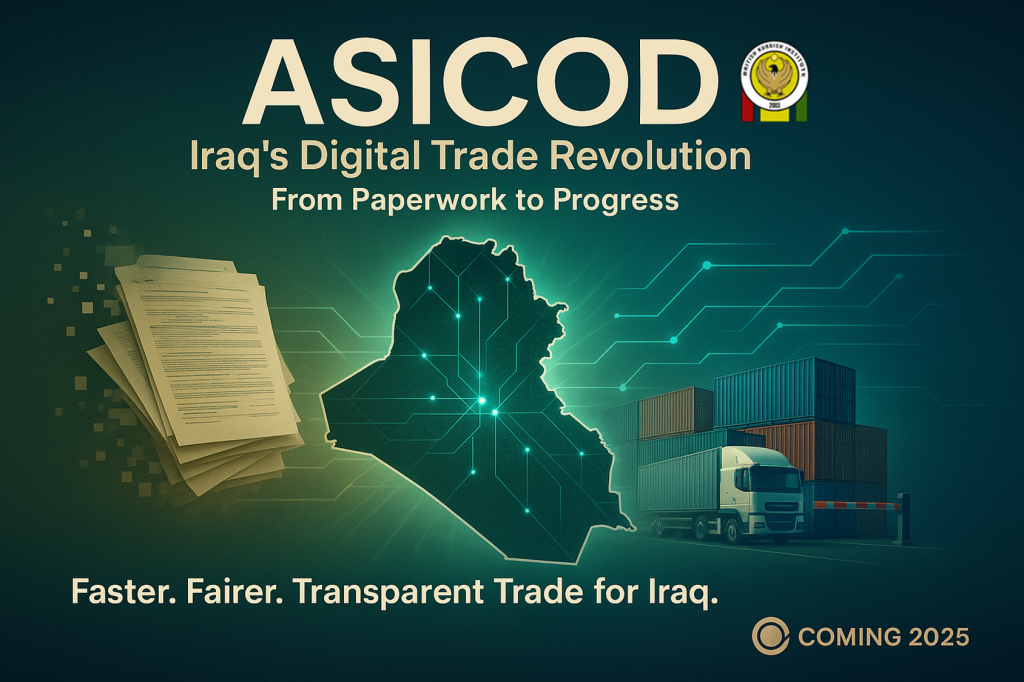Iraq has been working to modernize its trade and customs procedures through the introduction of the ASICOD system—a digital platform designed to replace outdated paper-based processes with electronic solutions. This transformation is more than just technological progress; it represents a major step toward improving transparency, efficiency, and economic growth in the country.
Benefits of the ASICOD System in Iraq
The ASICOD system offers significant advantages for both businesses and the government:
-
Faster transactions – by reducing reliance on paperwork and minimizing human error.
-
Lower costs for businesses – shipments cross borders more quickly, reducing delays and operational expenses.
-
Greater transparency – with automated procedures that curb corruption and manipulation.
-
Improved government revenue – through accurate, real-time data that strengthens economic planning and fiscal policy.
For companies, this means smoother trade operations. For the government, it creates a reliable tool for building trust and strengthening Iraq’s role in international commerce.
Challenges Beyond Technology
Despite these benefits, technology alone cannot resolve Iraq’s deeper trade and taxation issues. The main obstacle lies in the lack of harmonization between the Kurdistan Region and the Federal Government in Baghdad.
Baghdad insists that Kurdistan adopt the ASICOD system to ensure cooperation. While several meetings have been held, no final agreement has yet been reached. This political and legal gap means that even if Kurdistan implements ASICOD, businesses may still face obstacles at checkpoints and customs offices.
Example: Conflicting Trade Policies
Iraq follows a protectionist policy to safeguard local industries, restricting imports of goods that are produced domestically. However, the Kurdistan Region permits the import of foreign products—though often at higher tax rates.
This creates a situation where trucks that clear customs in Kurdistan are later stopped at checkpoints in Mosul and Kirkuk. If the taxes paid there are lower than Baghdad’s rates, traders are forced to pay additional fees. This duplication undermines the efficiency gains that ASICOD is supposed to deliver.
The Need for Unified Legislation
The lesson is clear: without harmonized customs laws and tax policies, the ASICOD system remains only a technical tool rather than a true solution. To unlock its full potential, Iraq’s federal and regional authorities must agree on unified tax schedules and customs procedures.
With a single customs declaration valid across the entire country, Iraq could eliminate internal trade barriers and position itself as a reliable trade and transit hub linking Turkey, the Gulf states, and international markets.
Conclusion: A Path Toward Transparent Trade
The adoption of ASICOD is an important milestone for Iraq’s economy. However, true success requires political will, cooperation, and harmonization of laws between Baghdad and the Kurdistan Region.
If implemented properly, this system can transform Iraq into a center for faster, fairer, and more transparent trade—driving economic growth and benefiting businesses, government, and citizens alike.









